Perhaps living in Seattle should inure you to shock. This is the city where, in the name of the George Floyd riots of mid-2020, armed fanatics took over a four-block chunk of downtown, a development Seattle’s moonbeam mayor of the day said reminded her fondly of the Summer of Love, only for the good vibes to dissipate when the commune’s residents started shooting one another on a nightly basis. And the squalor: in recent years, the general look of America’s Emerald City has passed from one characterized by its backdrop of snow-capped mountains and sparkling lakes to something more like one imagines central Berlin to have been after a particularly hard night of bombing in April 1945.
Even so, the news that 43-year-old Katie Wilson had defeated the incumbent Bruce Harrell to become Seattle’s next mayor came as something of a jolt. The result of the race was only made known on November 13, nine days after the polls closed. It took that long because Washington is one of the states where people vote exclusively by mail, and it apparently takes a week or more for the USPS to successfully convey a ballot from one side of town to the other. Each day at 4pm we were given the latest running count, at which point election officials went home again before beginning their next grueling six-hour shift the following morning, with time off for holidays and weekends. This is how we do business in our part of the world.
For anyone not previously familiar with Mayor-elect Wilson, she’s the mini-Mamdani in these parts: against homelessness (is anyone in favor of it?), and having the police deal with ‘mental-health disturbances’, such as that occasioned by the raving lunatic who accosts you on the street; and all for something called news vouchers, which her campaign has said would extract another $9 million from Seattle taxpayers to create jobs for fifty new reporters to balance the well-known right-wing media bias in these parts. That works out at a salary of $180,000 per hack, so perhaps I should apply.
Wilson was raised in Binghamton, New York, where her college-professor father David Sloan Wilson once wrote a book by the title of The Neighborhood Project: Using Evolution to Improve My City, One Block at a Time, and another one called Atlas Hugged, his riposte to Ayn Rand. One dimly begins to see the picture: a household steeped in the belief that human nature is essentially benign, and that all it takes is sufficient community goodwill to beat the corporate greedheads. Katie went off to read philosophy and physics at Oxford, but, displaying that whimsical spirit we may all yet come to know, chose to drop out six weeks before graduation. After that she drifted out to the west coast, married a fellow activist who supported himself by busking on the San Francisco light-rail system, and embarked with him on a Greyhound tour of the country to determine where they might start their new life together. Somehow unsurprisingly, they hit on Seattle. It’s traditionally the place where generations of the nation’s failed, felonious, or fed-up have gone to disappear, and, perhaps not coincidentally, where there hasn’t been a Republican mayor since the days of the LBJ administration.
To make ends meet, Wilson painted boats, worked construction, and played her guitar around the Pike Place Market for spare change. A non-driver, she then started a group called the Seattle Transit Riders Union to improve services and lower fares on public transportation, paying herself a token $73,000 a year to keep the show on the road. Next it was campaigning for a payroll tax to subsidize low-income housing, one of several such initiatives to face the electorate each November. It’s a strange thing about the homelessness issue in these parts. The more politicians throw our money at the problem, the worse it gets. If you drive from my blue-collar suburb to downtown, as I do most days, it’s as if you leave a Norman Rockwell painting and abruptly enter one by Hieronymus Bosch. There’s an authentic touch of Dunkirk about the final stretch of the journey as you pass by bedraggled-looking campers hunched together around braziers or stretched out on army-surplus cots. It’s a dreadful prospect, on a number of levels, and one’s heart naturally goes out to the public-compassion zealots who display yard signs that read: ‘In this town we believe Black Lives Matter, Women’s Rights are Human Rights, no Human is illegal’, and whose essential solution to the homelessness epidemic is, like our new mayor’s, for all of us to continue to spend much, much more on community-outreach services.
We’re always told that the outcome to each election is of “existential” significance, but perhaps Katie Wilson truly did have an opportunity for change during her recent campaign. She could have argued, for instance, that devoting more taxpayers’ money to Seattle’s destitution crisis is a snake-oil remedy that shows no signs of actually solving the problem. She might have added that pressing for a higher minimum hourly wage is good as far as it goes, but that someone has to pay for this munificence, and that the hardworking Seattle resident already faces the nation’s highest chain-restaurant prices and the second-highest gas prices, behind only California. She might even have found it in her heart to note that the city currently boasts a violent crime rate of 775 per 100,000 residents, which is more than double the national average of 359, and that one possible solution to this state of affairs might be to significantly enhance the local police force, instead of further defunding it, as she’s loudly proposed in the past.
Back in the mid-1970s, a couple of local real-estate agents paid to erect a huge billboard in downtown Seattle, in response to the city’s Boeing-led economic nosedive. ‘Will the last person to leave town turn out the lights?’ the slogan read. Fifty years later, its time may have come again.
Mini-Mamdani is (finally) new mayor of Seattle
Katie Wilson, 43, was finally declared winner nine days after polls closed
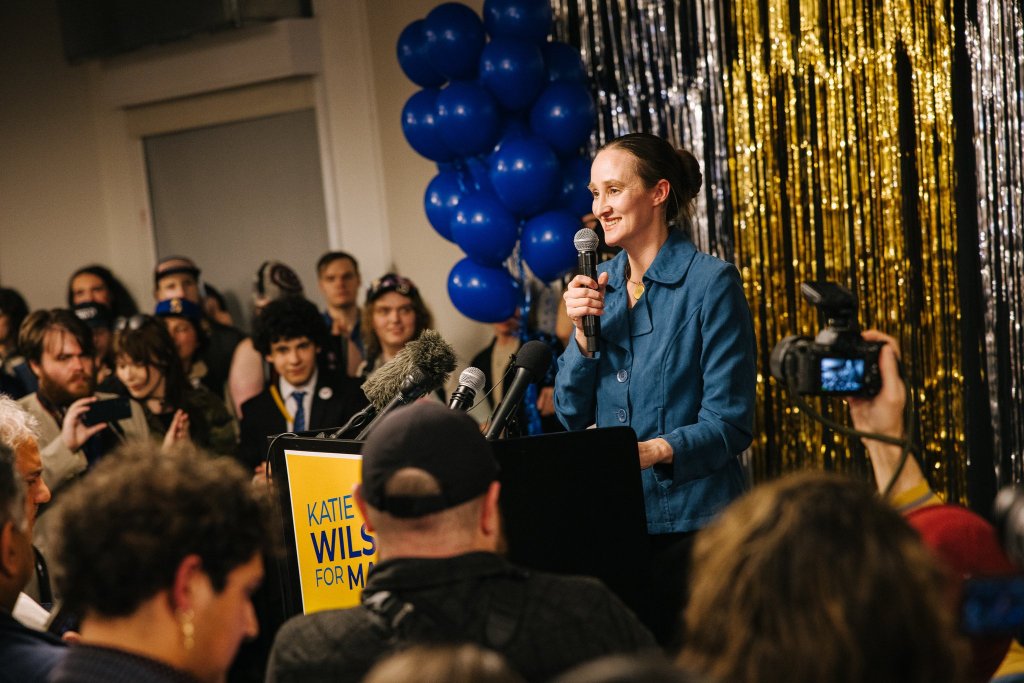
Katie Wilson
Perhaps living in Seattle should inure you to shock. This is the city where, in the name of the George Floyd riots of mid-2020, armed fanatics took over a four-block chunk of downtown, a development Seattle’s moonbeam mayor of the day said reminded her fondly of the Summer of Love, only for the good vibes to dissipate when the commune’s residents started shooting one another on a nightly basis. And the squalor: in recent years, the general look of America’s Emerald City has passed from one characterized by its backdrop of snow-capped mountains and sparkling…












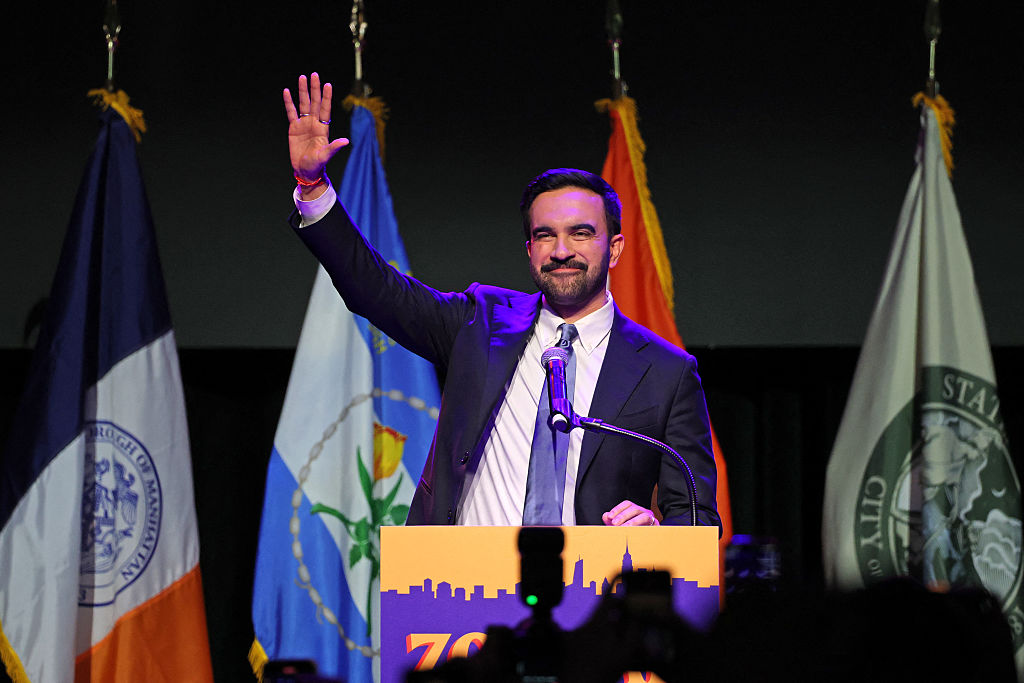

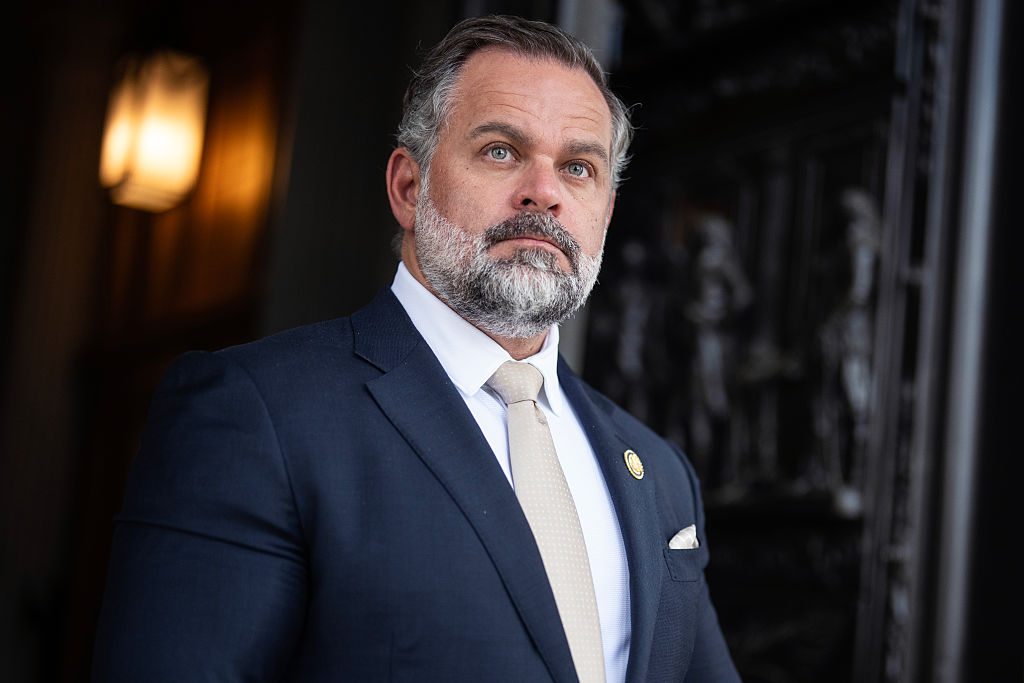
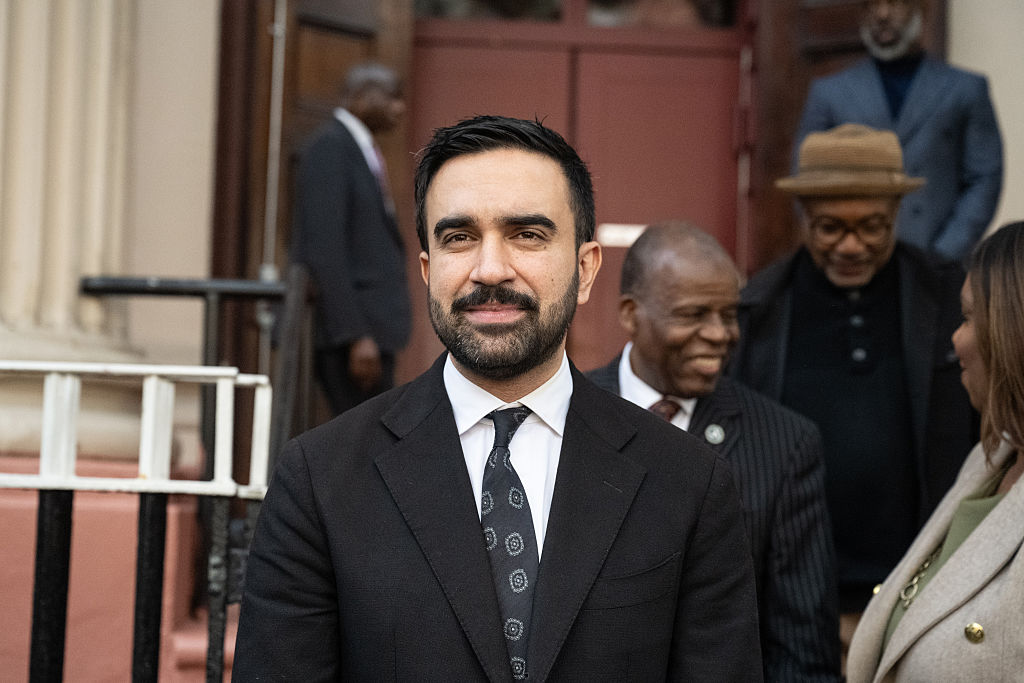

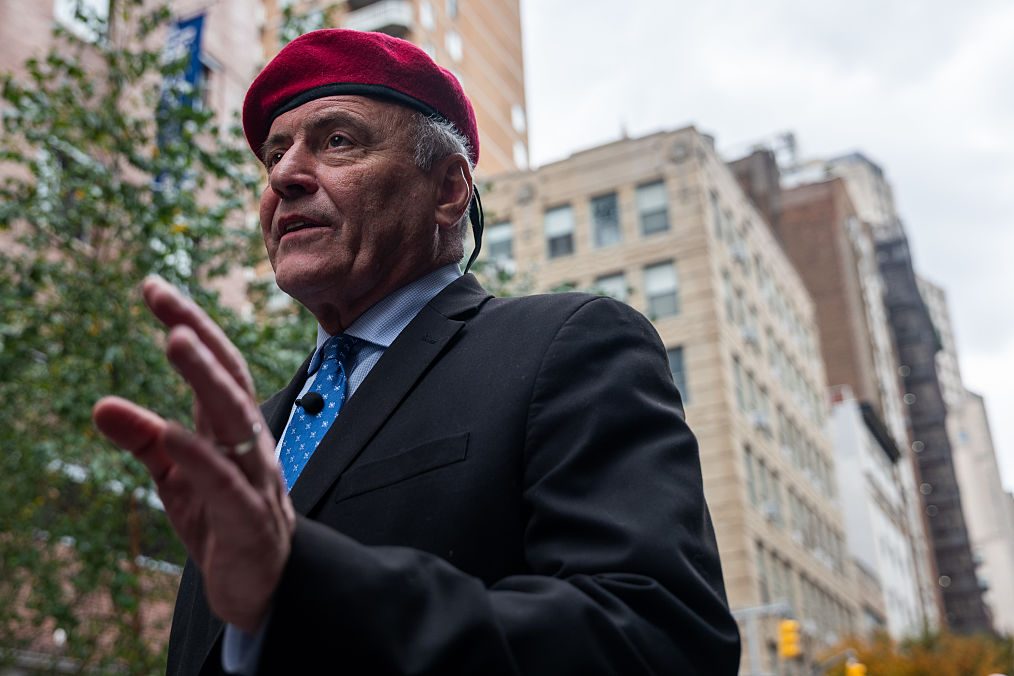







Leave a Reply